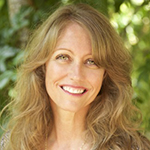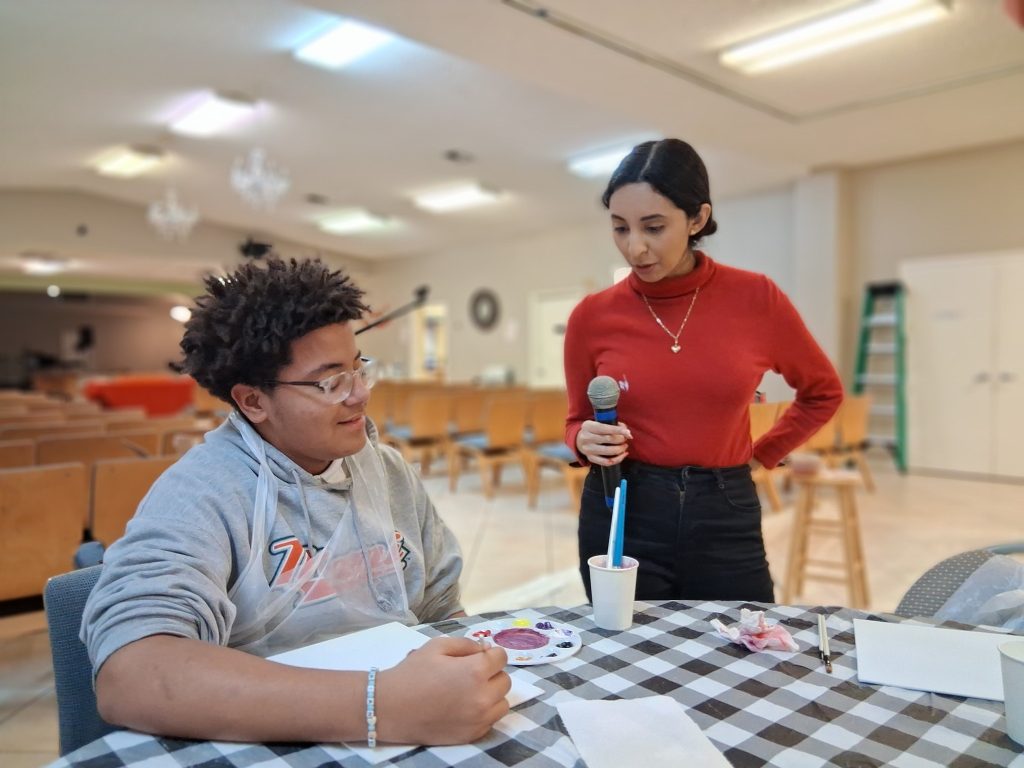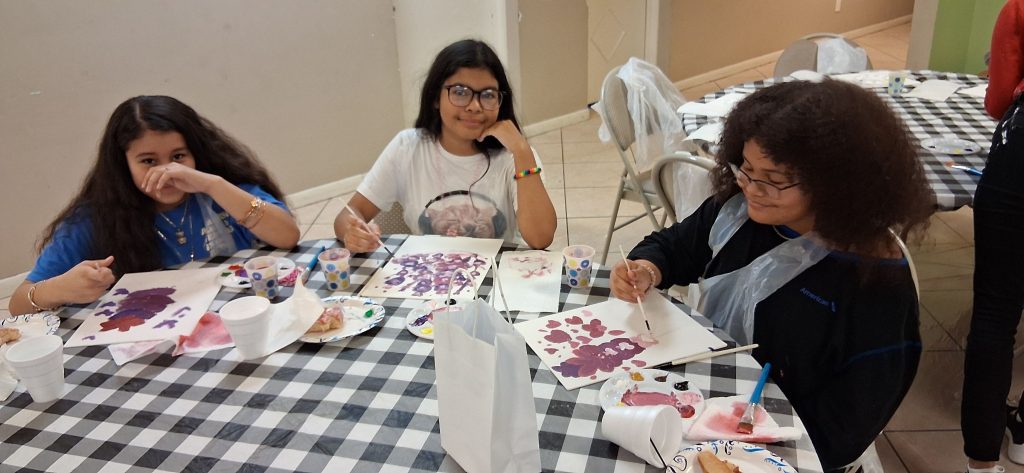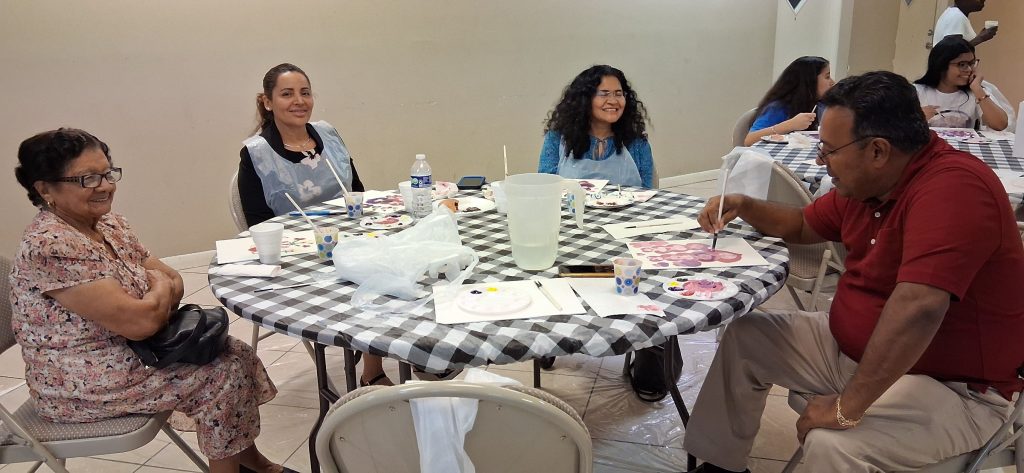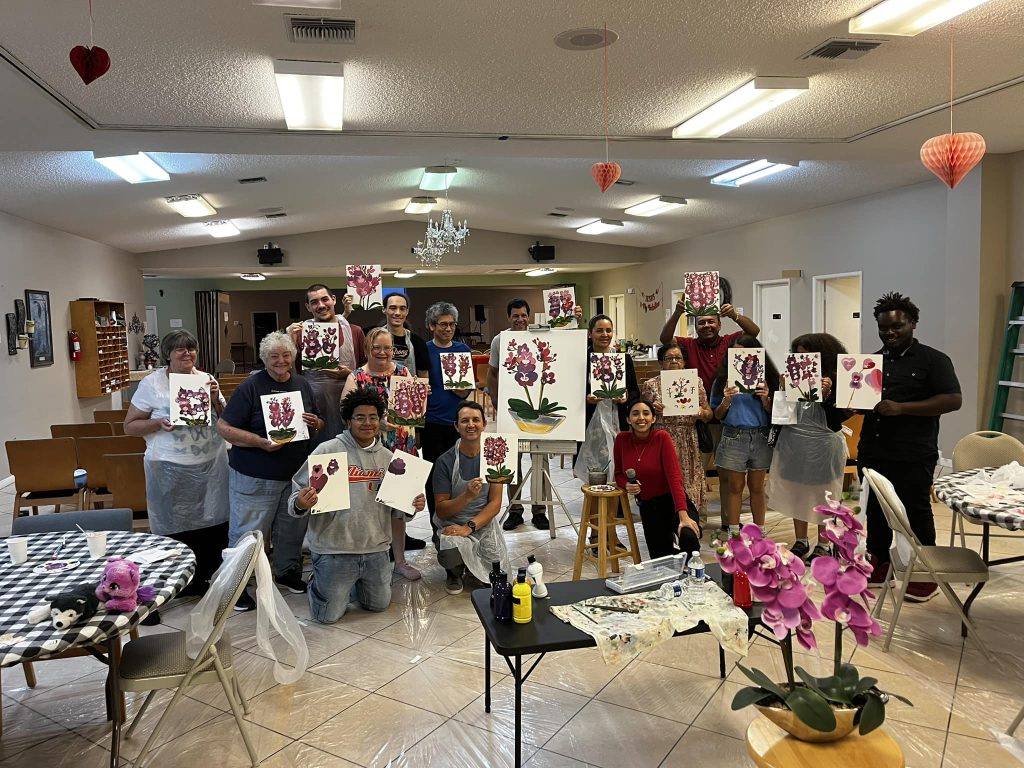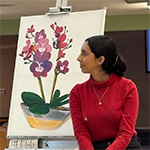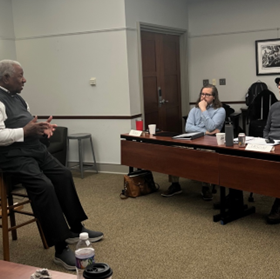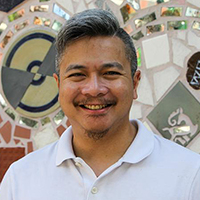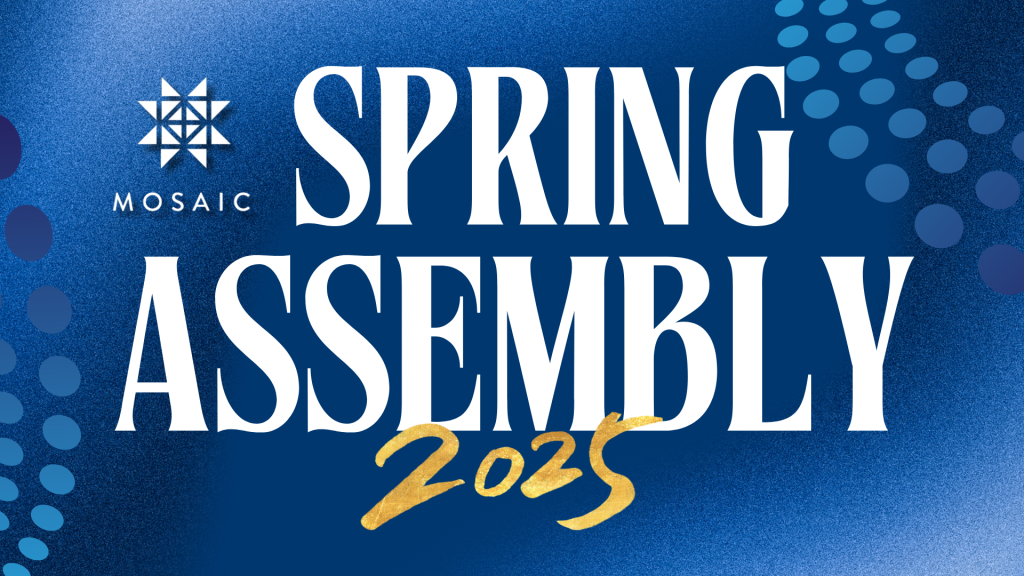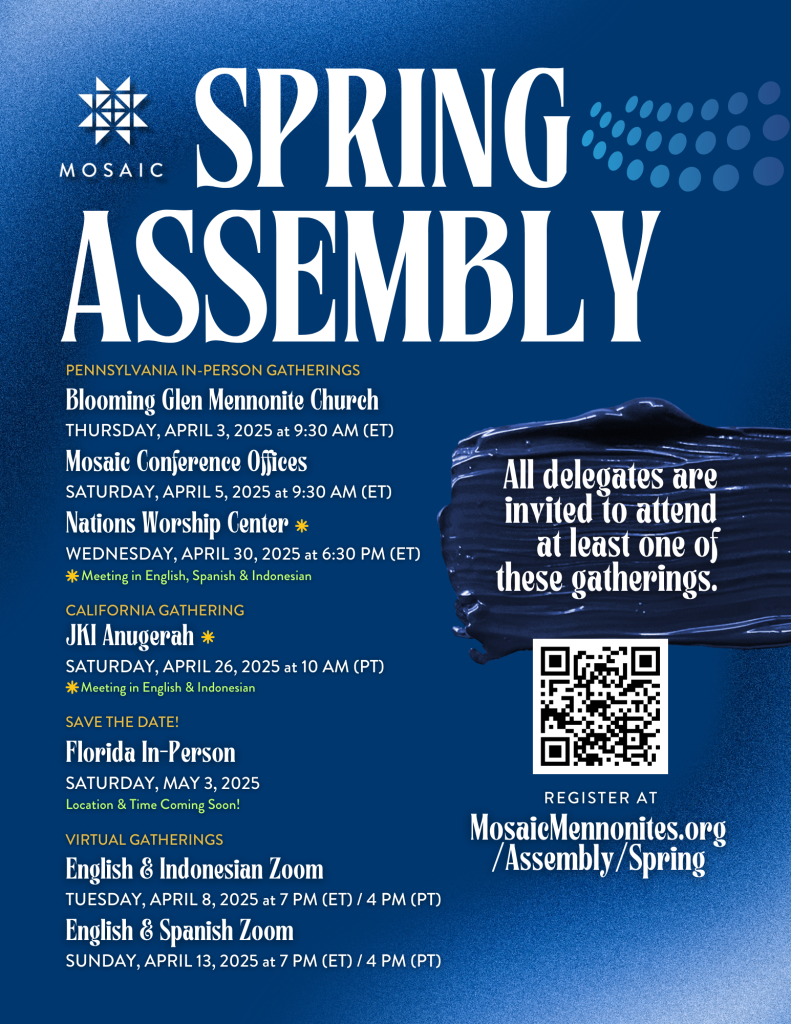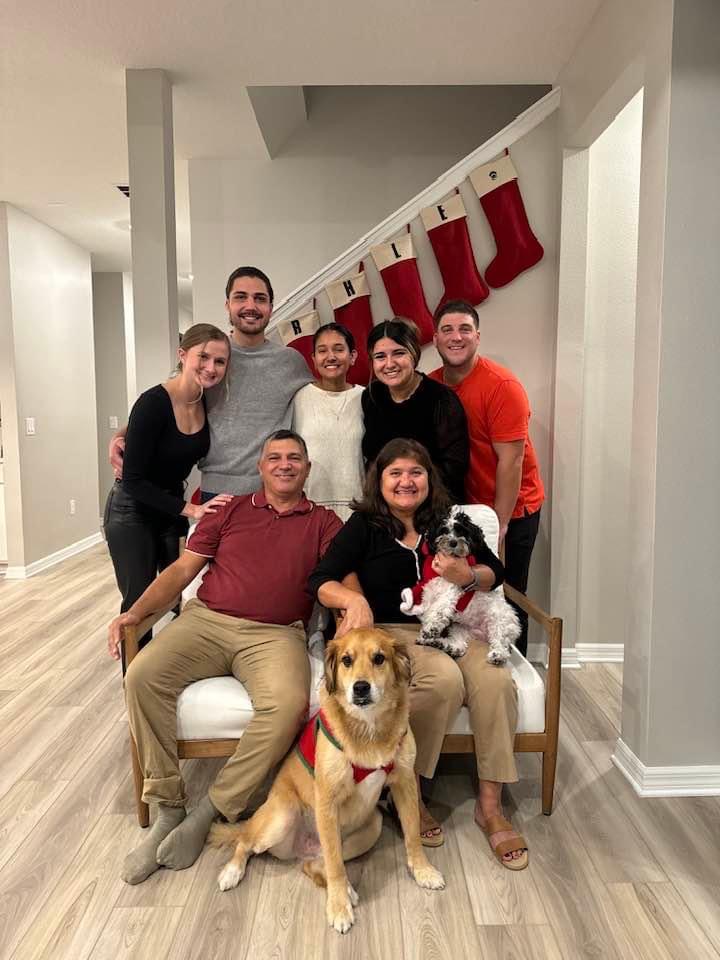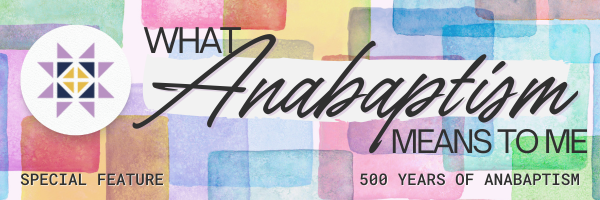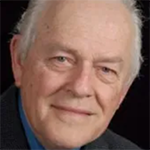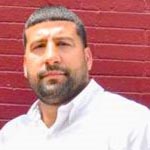by Sharon K. Williams
A young girl sat quietly in a prayer meeting, listening to several men expound on the scriptures. Then her mother rose to speak, “I just want to say I love Jesus.” The girl was both surprised and proud of her mother’s courage to speak her profound truth in mixed company.
Catherine Longenecker grew up in this church culture, one in which men spoke publicly, and women listened.
Longenecker sensed the Holy Spirit’s gifting for ministry early in her life. When asked what she wanted to be, she would respond, “A pastor’s wife.” But she felt called by God to be a pastor. She knew she had the spiritual gift of preaching. On Sunday afternoons she would recreate the morning’s sermon and preach it to her bedroom walls.
The cultural expectations for being a faithful Mennonite Christian woman weighed heavy on Longenecker. The dress code. The idea that women can’t be leaders, nor can they teach men in Sunday school. To preach? That was out of the question, even for those who were a co-pastor with their husbands.
Why would the Holy Spirit give Longenecker a spiritual gift she was not allowed to use for the edification of the church?
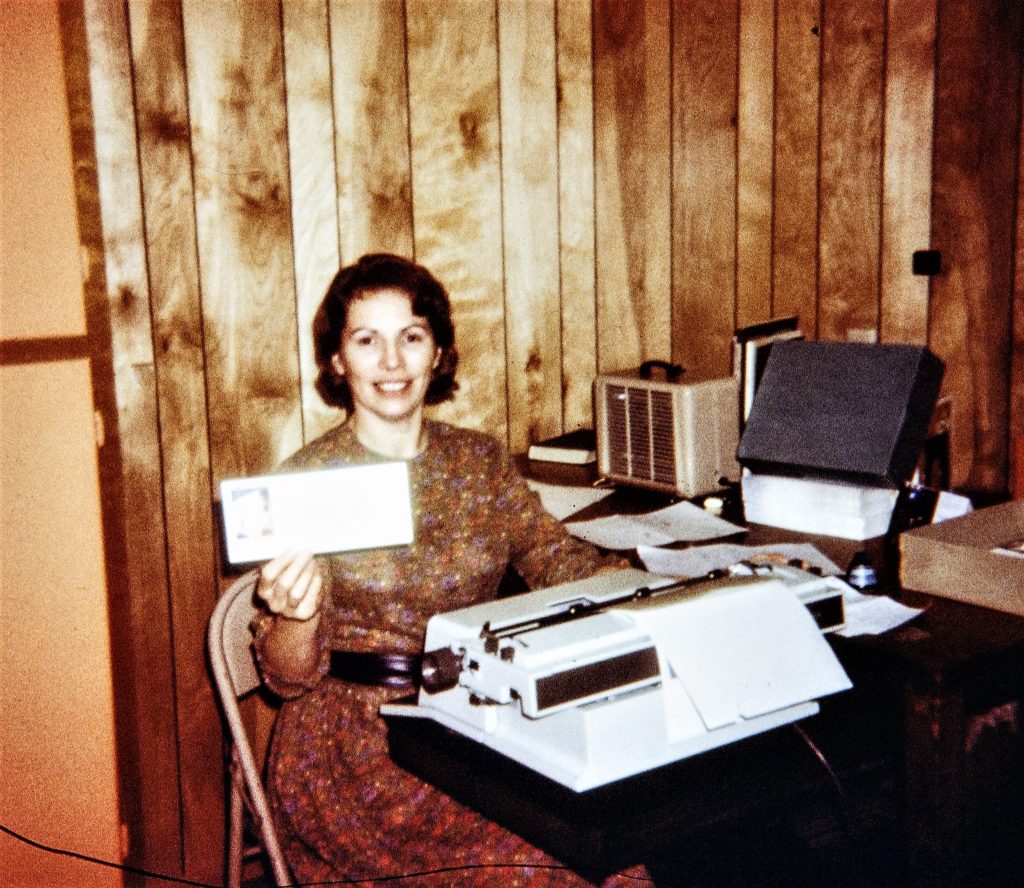
In 1987, Longenecker wrote in her journal:
Oh, I need help! Perhaps someone else could put my life together for me and help me get off this kick to preach. Or would they possibly say something different? Hardly! I am so confused and so depressed that I would never measure up to be affirmed as a minister. Then it happens. My anger comes out, my sadness comes out, my insecurities come out! [My counselor] says I am a minister. That’s what I am. It’s in my heart. She sees it. She affirms it and she gives me balance to believe it and accept my calling.1
Longenecker pursued her calling in every acceptable way possible. She attended Bible training courses, took clinical pastoral education (CPE) training, and eventually graduated from seminary.
She married a pastor, Daniel Longenecker, and supported him in three congregational ministries, including Line Lexington (PA) Mennonite Church. She volunteered in the mission of Bethel (PA) Mennonite Church in Norristown.
Their daughter Chris recalls, “I don’t know if Mom wrote sermons for Dad, but I’m sure she helped him. I remember her typing his sermons, and I assume editing may have been a part of this. Dad could be very long-winded and could take a long time to get to a point.”
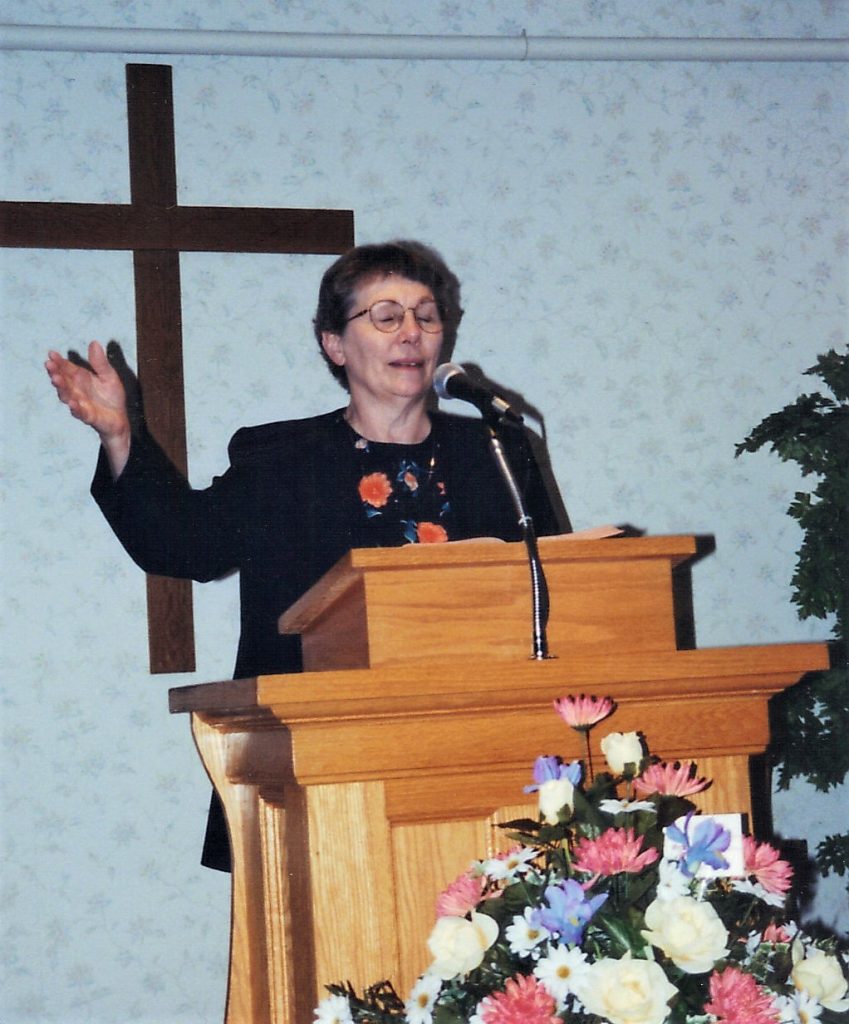
CPE opened the door for Catherine’s ministry to shine. Dock Woods Community (now Mosaic Conference-Related Ministry Living Branches) called her to serve as a chaplain. Her son Fred recalls that on her first day, David Derstine, the CEO, met Longenecker at the door.
She immediately noticed a woman on the housekeeping staff and began to doubt herself, because she had done housekeeping work for many years. She looked at Derstine and said, “I’m a cleaning woman, like her.” Derstine reassuringly replied, “No, you are my chaplain!”
Longenecker thrived as her preaching went beyond her bedroom walls to real people. In 1989, she was among the second women to be licensed for ministry by Franconia Conference, alongside Joyce Hedrick and Marianne Zuercher at the Spring Assembly.
In 1991, Catherine and Dan were called to a co-chaplaincy ministry at Virginia Mennonite Retirement Community in Harrisonburg, Virginia. When Virginia Conference leaders wanted to debate whether Catherine should be licensed or ordained, she claimed her calling once again and asked for ordination. It was granted.
Today, Mosaic Conference and our congregations stand on the shoulders of Longenecker and others like her who refused to withhold their spiritual gifts from the body of Christ. Let us give thanks for Longenecker’s obedience to Jesus and her example of how to serve the church in the face of cultural barriers.
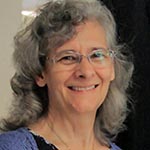
Sharon K. Williams
Sharon K. Williams is the minister of worship at Nueva Vida Norristown (PA) New Life Mennonite Church. She was the first ordained woman minister in Franconia Conference (also in 1988) and served on the conference staff for 15 years.

